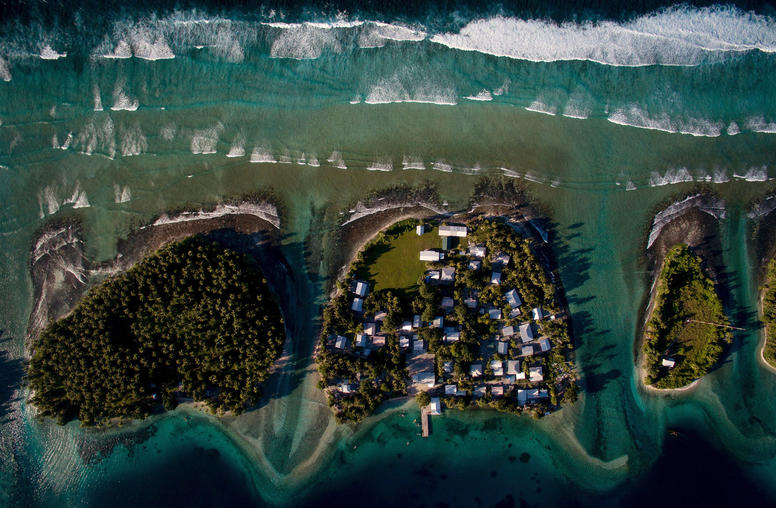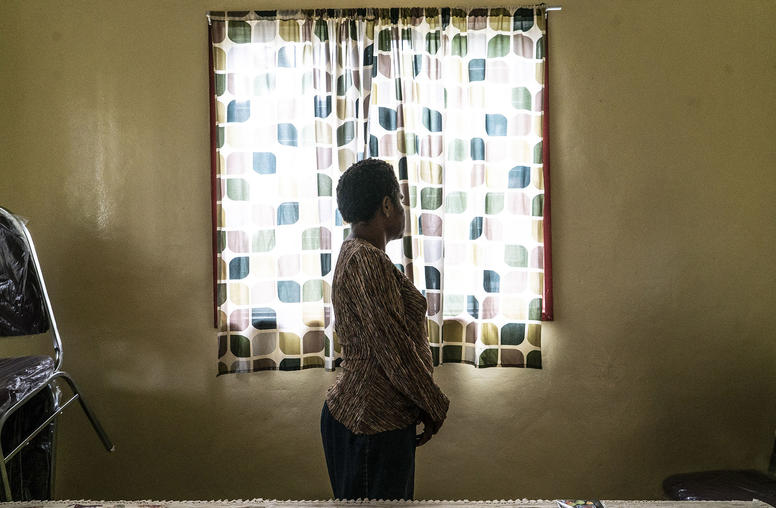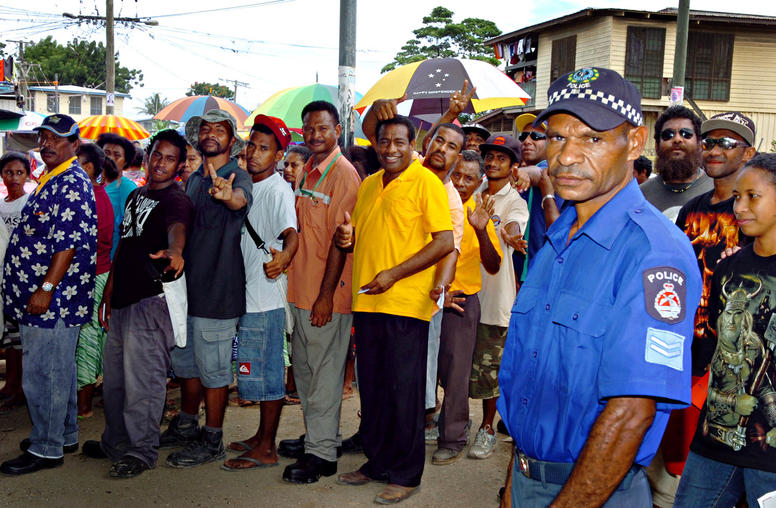Gordon Peake, Ph.D.
Contact
Please submit all media inquiries to interviews@usip.org or call 202.429.3869.
For all other inquiries, please call 202.457.1700
Dr. Gordon Peake is a senior advisor for the Pacific Islands in USIP’s Asia Center.
Over Dr. Peake’s 20-year career, he has worked as a long-term adviser to the Bougainville and Timor-Leste governments and consulted on policing, justice and political economy issues in the Pacific for bilateral donors and development banks.
Dr. Peake has used these vantage points as the basis for two books, one edited volume and 20-plus articles that deal with enhancing the theoretical and conceptual understandings of practical realities of implementing peace agreements and peacekeeping mandates. A key theme in his work is the centrality of human relationships in explaining why groups and governments work as they do.
Dr. Peake’s first book, “Beloved Land: Stories, Struggles and Secrets from Timor-Leste,” was winner of two Australian book awards, with a judging panel describing it as “a compelling work merging the personal with the historical … surprising, sometimes confronting and very poignant.” His second book, “Unsung Land, Aspiring Nation,” recounts his experience working in the would-be nation of Bougainville. He is currently working on a book about how personal relationships — whether good, bad or indifferent — are the underappreciated ingredient in explaining institutional behavior.
Dr. Peake received his master’s and doctorate from the University of Oxford and a law degree from Queen’s University, Belfast.
He is a citizen of Ireland and Australia and speaks Tetun, the language of Timor-Leste.




